 |
 |
 |
 |
 |
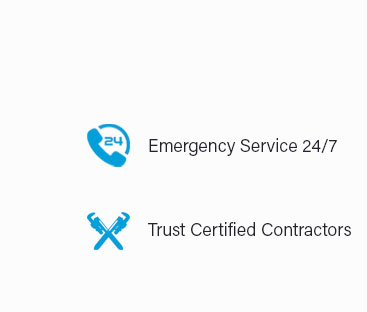 |
 |
 |
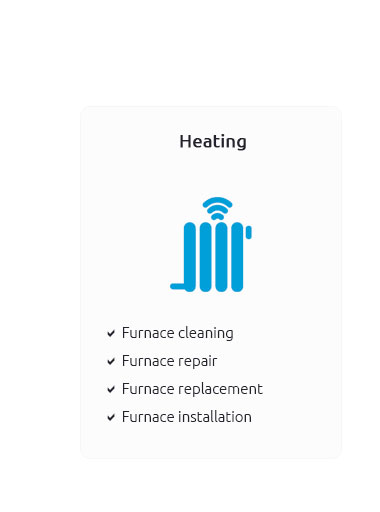 |
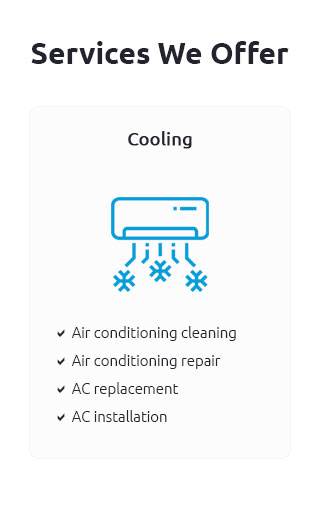 |
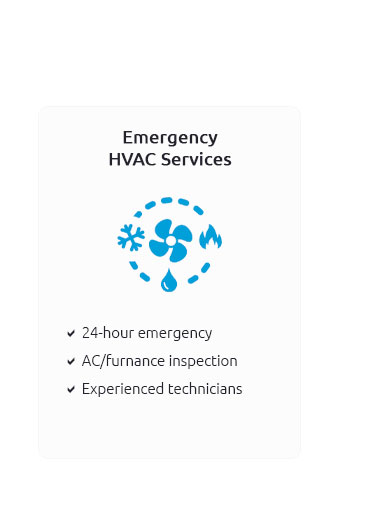 |
 |
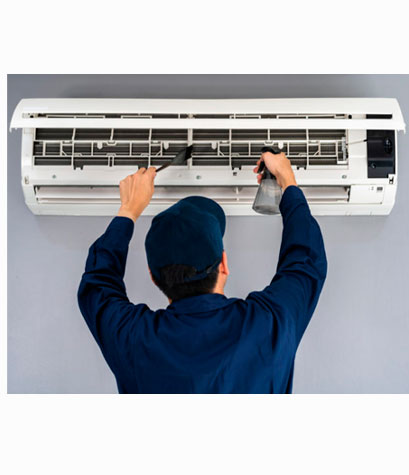 |
 |
 |
 |
|
Transform your home's climate control with our unparalleled HVAC services, where AC and heating experts are ready to redefine comfort; find local contractors who specialize in repair air conditioning with precision and expertise that turns your cooling woes into a breeze-experience the mastery of technicians who not only fix but optimize, ensuring your system runs smoother, longer, and more efficiently than ever before, because when it comes to your comfort, settling for anything less than extraordinary is simply not an option.
https://www.blantonsair.com/service-area/air-conditioning/cary/
Blanton's offers comprehensive air conditioning services to Cary residents. With over 70 years of experience, you can count on us to ensure your home stays ... https://www.coolchangenc.com/cary-air-conditioning-repair/
For the best Cary air conditioning repair service, call Cool Change Heating and Air Conditioning at 919-457-2494. Cary Emergency HVAC ... https://www.raleighheatingandair.com/service-area/cary/
For all your home comfort services in Cary, NC, call Raleigh Heating & Air. Our technicians are highly trained and skilled to provide professional, reliable ...
|